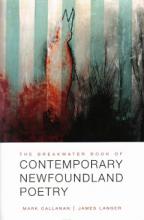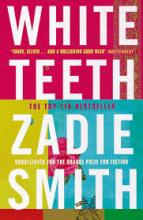Introduction a New Ongoing Series: Poets Respond to The Breakwater Book of Contemporary Newfoundland Poetry
By Ian LeTourneau
Fiddlehead editor Ross Leckie and I reached out to poets across the country to get their perspective on the 11 poets selected. We didn't want an overly complex analysis of the featured work, nor did we want to call into question the editors' selection. We wanted poets simply responding to poets. . . .















